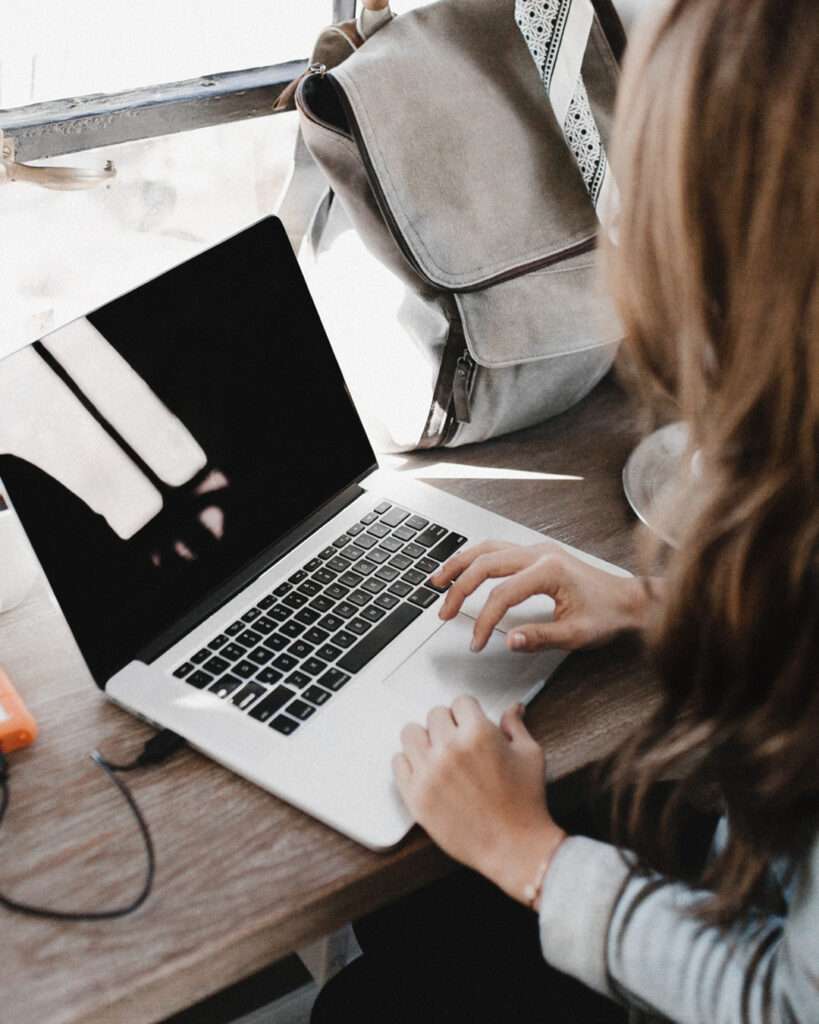PROTECT YOUR PERSONAL DATA & PRIVACY…
Protecting your personal data and privacy is crucial in today’s digital world. Here are some steps that you can take to protect your devices, enhance your data security, and safeguard your privacy.
Passwords
Using strong, unique passwords for all your devices and online accounts is an important step in protecting your information from potential security breaches. Strong passwords typically consist of a combination of letters, numbers, and special characters. It’s also a good idea to use a different password for each account to minimize the impact of a potential security breach. Password managers, such as LastPass or Dashlane, can help you generate and manage strong passwords for all your accounts. Additionally, enabling multi-factor authentication on your accounts can provide an extra layer of protection beyond just a strong password.
Use strong & unique passwords, avoid simple sequences like ‘123456’ or personal information.
Avoid using common phrases, easy-to-guess words, or personal information like your name, birthdate, or address as your password. Use a passphrase instead of a password, which is a longer phrase or sentence that is easy to remember but hard to crack and create a different password for each of your online accounts to prevent a single compromised password from affecting all your accounts.
Antivirus
Malware and viruses are constantly evolving, and new threats are being developed every day. Antivirus software helps to detect and remove these threats before they can cause damage to your devices or compromise your personal information. Outdated antivirus software may not be able to detect and remove the latest malware, leaving your devices vulnerable to attack.

Keeping your antivirus software up to date is essential to ensure the security of your devices & protect them from cyber threats.
Antivirus software can help to prevent phishing attacks, which are often used to trick users into giving away sensitive information like usernames and passwords, protect your devices from being used as part of a botnet, which is a network of infected devices that are controlled by cybercriminals to carry out malicious activities like DDoS attacks. Antivirus software can provide real-time protection against threats, scanning your system in the background and alerting you to any potential threats as they arise. Many antivirus software programs have an option to check for updates automatically, and you can also configure your device to download and install updates automatically. To ensure that your antivirus software is up to date, you should enable automatic updates or regularly check for updates manually.
VPN
A VPN, or virtual private network, is an encrypted connection between a user’s device and a remote server. VPNs are important for online security as they encrypt internet traffic, making it difficult for hackers or other unauthorised third parties to intercept and read the data. This is particularly important when using public Wi-Fi networks, which are often unsecured.
VPN lies in its ability to provide online security, privacy, access to restricted content, & remote work capabilities.
VPNs help protect your privacy by masking your IP address and location, making it more difficult for websites and advertisers to track your online activities. This is particularly important for individuals who want to keep their online activities private, or for those living in countries with strict internet censorship laws. VPNs are particularly important for remote work as they allow employees to securely access their company’s network and data from anywhere in the world. By encrypting internet traffic and masking users’ IP addresses and locations, VPNs can help keep personal information safe and secure, while also allowing for greater flexibility and convenience in accessing online resources.
Wi-Fi
These tips can help you protect your personal information and stay safe while using public Wi-Fi. By using a VPN, avoiding sensitive activities, disabling auto-connect, verifying network names, turning off file sharing, and keeping your security software updated, you can greatly reduce your risk of falling victim to cyber-attacks and other security threats when using public Wi-Fi.
Remember to exercise caution when using public Wi-Fi, always protect your privacy & security.
One of the best ways to protect your privacy and security when using public Wi-Fi is to use a VPN. A VPN encrypts your internet traffic, making it much more difficult for others to intercept and read your data. Avoid sensitive activities that involve sensitive information, such as online banking or shopping, when using public Wi-Fi. If you must engage in these activities, make sure you use a secure website and avoid entering sensitive information into unencrypted fields.
Disable auto-connect, many devices are set up to automatically connect to available Wi-Fi networks, including public ones. This can be a security risk, as it may connect you to a network that has been compromised. Disable this feature on your devices to ensure that you are in control of when and where you connect to Wi-Fi. Verify network name, hackers may set up fake Wi-Fi networks with names that are similar to legitimate ones in order to trick people into connecting to them. Always verify the network name with the business or organisation that is providing the Wi-Fi before connecting. Turn off file sharing when using public Wi-Fi to prevent unauthorised access to your files and folders. And make sure your devices are up to date with the latest security updates and patches. This will help protect your device against known vulnerabilities and exploits.
Charge
Public charging stations can be convenient, but they can also be a security risk. Hackers can install malware on charging stations that can infect your device when you connect to them. This malware can steal your personal information, install ransomware, or take control of your device.
Be cautious of public charging stations if you’re on the go.
Hackers can use charging cables to steal your data, including passwords and other sensitive information. This is known as “juice jacking.” The hacker may install a small device inside the charging cable that can transmit your data to their device. When you’re charging your device in a public place, you may not be able to keep an eye on it at all times. This can also make it easier for thieves to steal your device or access your data.
To protect yourself from these risks, it’s best to use your own charging cable and power adapter whenever possible. You can also carry a portable charger with you to avoid the need for public charging stations altogether. If you do need to use a public charging station, make sure to use a USB data blocker or “USB condom” to block data transfer and only allow charging. Additionally, always keep an eye on your device and never leave it unattended.
Anti-theft
There are several ways to protect your computer devices from physical and data theft such as a lock, tracking software, data encryption and theft recovery services. Many laptops come with a built-in lock slot that allows you to secure your device with a cable lock. This can prevent thieves from simply picking up your device and walking away with it. You can also install tracking software that can help you locate your device in case it’s stolen. Some popular options include Find My Mac, Prey, and LoJack for Laptops.
Never leave your device unattended in public places or in your car.
Password protect your device, make sure to set a strong password or passcode to lock your device when it’s not in use. This can make it more difficult for thieves to access your data. Encrypt your data, encryption can protect your data in case your device falls into the wrong hands. Make sure to enable encryption on your device and keep your encryption key in a safe place. Backup your data, make sure to backup your important data regularly, either to an external hard drive or to a cloud storage service. This can help you recover your data in case your device is stolen or lost. And use a theft recovery service, consider using a service like Absolute LoJack or Norton Anti-Theft, which can help you recover your device in case it’s stolen.
By taking the above steps, you can help protect your devices from theft and minimise the risk of threat and losing important data.
Enjoy the following cyber quotes.
It’s not data that is being exploited, its people that are being exploited. – Edward Snowden
It takes 20 years to build a reputation and a few minutes of cyber-incident to ruin it. – Stephane Nappo
Passwords are like underwear. Don’t let people see it, change it very often, and you shouldn’t share it with strangers. – Chris Pirillo
As we’ve come to realise, the idea that security starts and ends with the purchase of a prepackaged firewall is simply misguided. – Art Wittmann
.
Please SHARE this article and leave your COMMENTS below.
m
Shop Our Store
m
m









